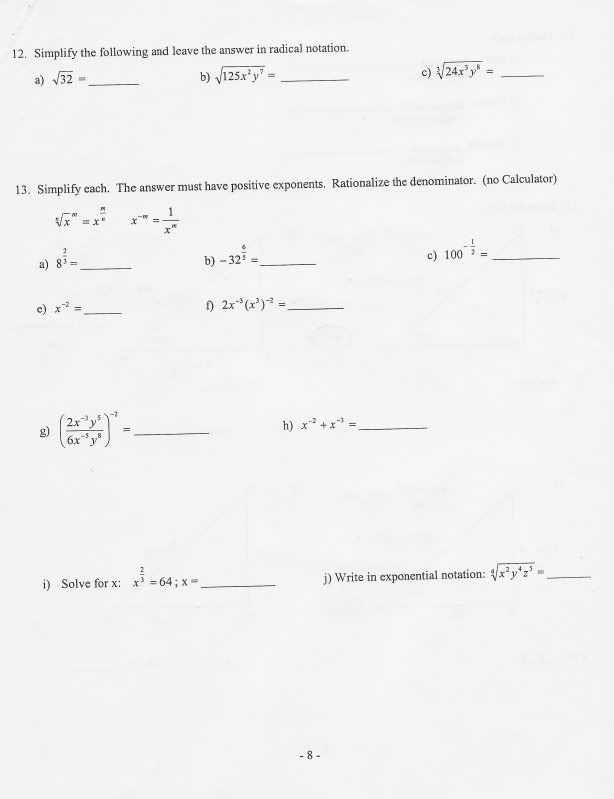
I wasn't exactly too sure where to put my question, but this was a page from my summer Calculus Packet, so I decided to post it here.
I really don't understand how to do these problems or where to begin. I'm not even sure I've even learned them before =x.
I was hoping someone could explain how to go about solving these problems for me. Any help that you guys could offer me would be great, thank you!
Work Proof:
Page 1: http://i71.photobucket.com/albums/i140/hanae_sama/Work Proof/WorkProof008.jpg
Page 3: http://i71.photobucket.com/albums/i140/hanae_sama/Work Proof/WorkProof009.jpg
http://i71.photobucket.com/albums/i140/hanae_sama/Work Proof/WorkProof010.jpg
Page 4: http://i71.photobucket.com/albums/i140/hanae_sama/Work Proof/WorkProof011.jpg
Page 7: http://i71.photobucket.com/albums/i140/hanae_sama/Work Proof/WorkProof012.jpg
Page 9: http://i71.photobucket.com/albums/i140/hanae_sama/Work Proof/WorkProof013.jpg
(I'm still working on 4 pages)

